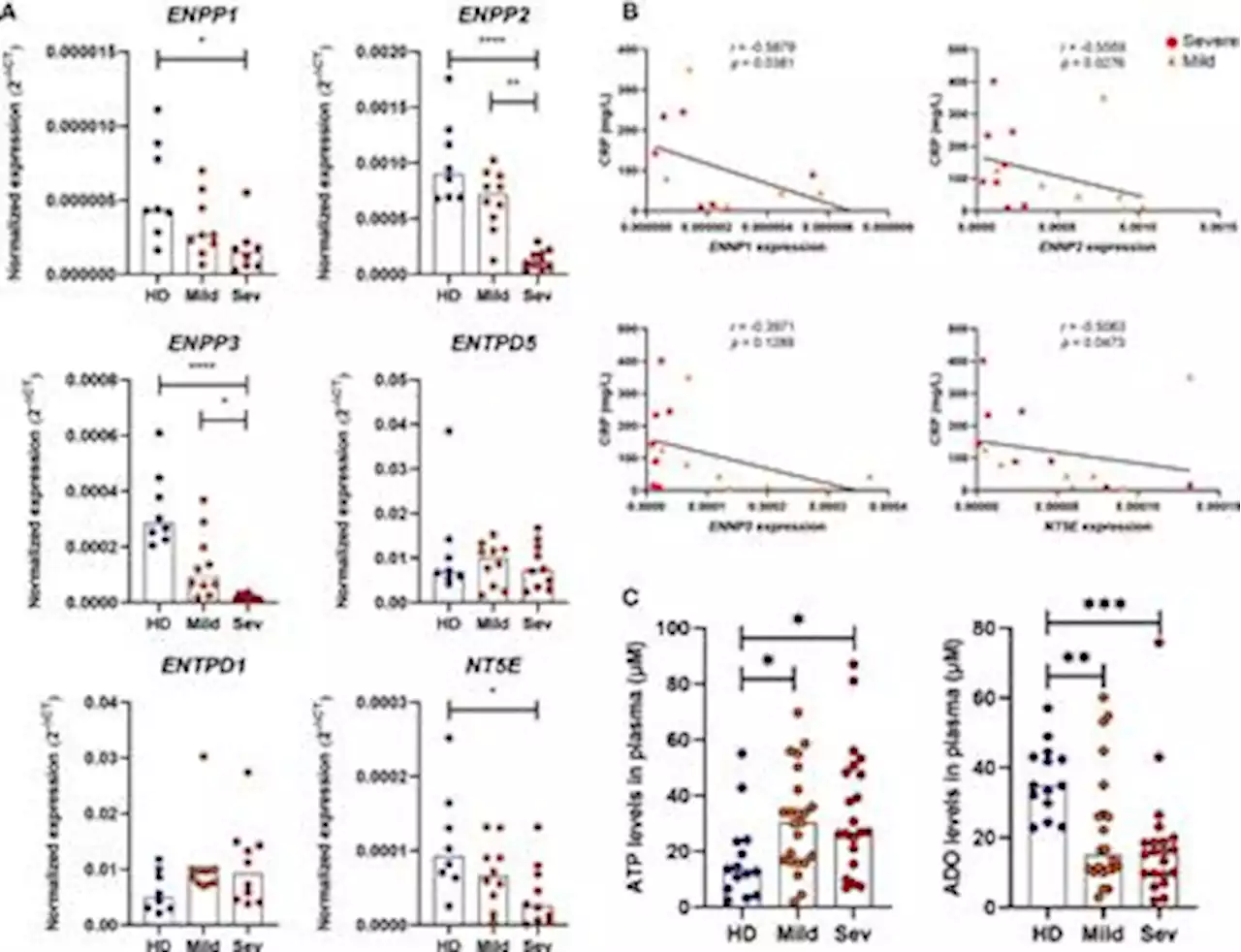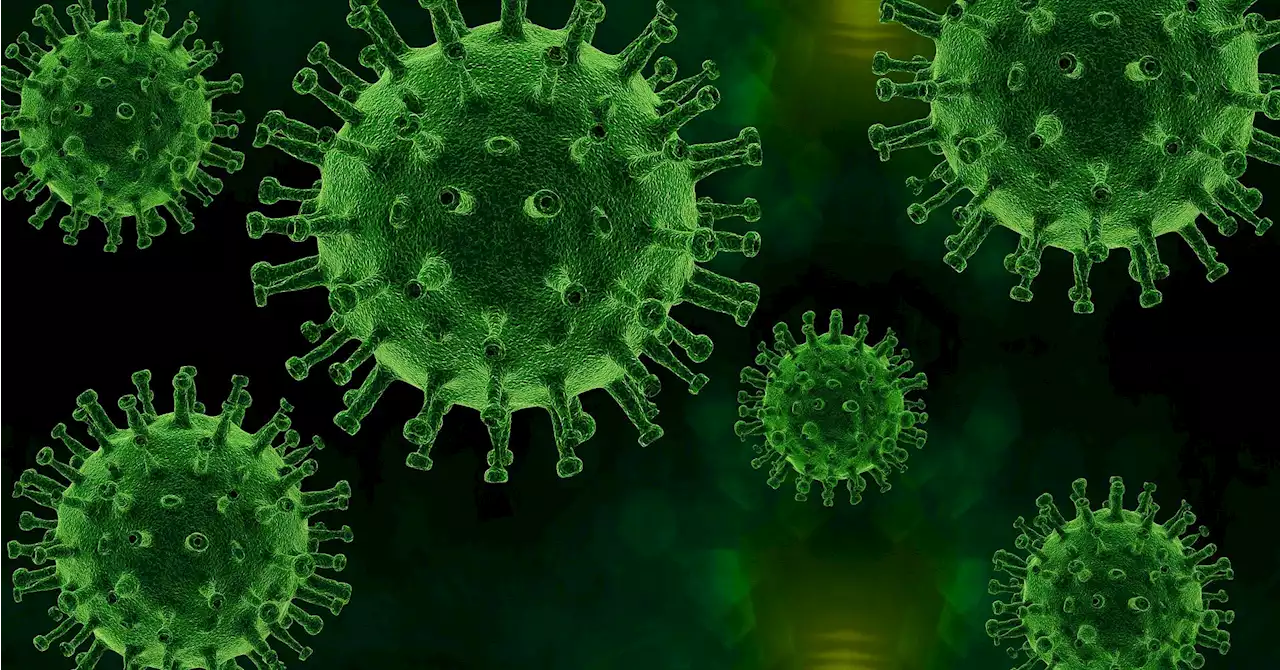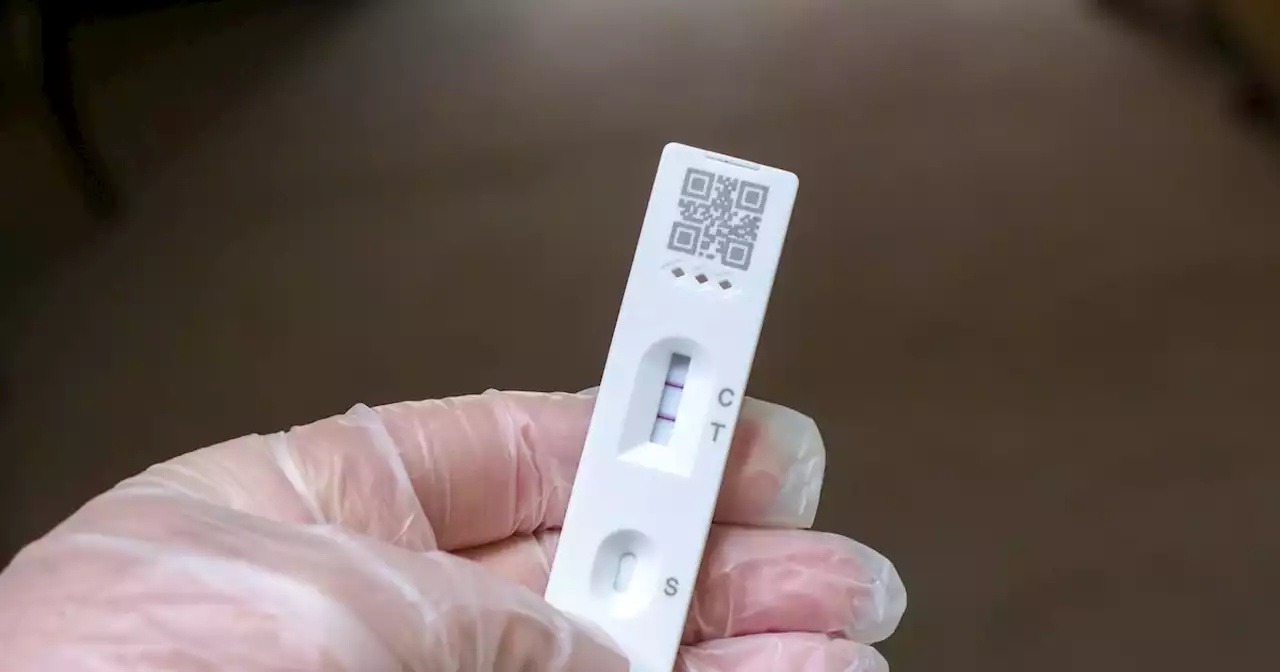Study finds that pediatric stroke is associated with COVID-19 infections but not with multisystem inflammatory syndrome elsevierconnect UofUMedicine PediatricStroke MISC COVID19 Stroke SARSCoV2
By Dr. Chinta SidharthanNov 24 2022Reviewed by Aimee Molineux In a recent study published in Pediatric Neurology, researchers investigated whether coronavirus disease 2019 and multisystem inflammatory syndrome in children were associated with an increased risk of ischemic stroke in pediatric populations.
However, there is a scarcity of information on whether children with COVID-19 are at a higher risk of stroke. While studies have found no increase in the risk of ischemic stroke in pediatric COVID-19 patients during the early pandemic, neurological complications, and some forms of vasculopathy have been observed in a quarter of the MIS-C patients. Furthermore, while thromboembolism and stroke have been considered rare complications of MIS-C, the causal relationships are not well understood.
Results The results reported 16 cases of pediatric ischemic strokes in patients between the ages of eight months and 17 years. The incidence of ischemic stroke was correlated with an increase in COVID-19 infections in children but was not associated with an increased occurrence of MIS-C. Furthermore, acute SARS-CoV-2 infections were not found to be associated with stroke, suggesting that stroke could be associated with the hyperinflammatory state observed in COVID-19 patients in the two to six weeks after recovery. Additionally, the prothrombotic state and hypercoagulability that results from the activation of clotting cascades and endothelial damage due to the viral infection have also been implicated in the occurrence of strokes in pediatric patients.
Danmark Seneste Nyt, Danmark Overskrifter
Similar News:Du kan også læse nyheder, der ligner denne, som vi har indsamlet fra andre nyhedskilder.
 The negative impact of COVID-19 on working memory revealed using a rapid online quizAlthough coronavirus disease 2019 (COVID-19) affects the respiratory system, it can also have neurological consequences leading to cognitive deficits such as memory problems. The aim of our study was to assess the impact of COVID-19 on working memory function. We developed and implemented an online anonymous survey with a working memory quiz incorporating aspects of gamification to engage participants. 5428 participants successfully completed the survey and memory quiz between 8th December 2020 and 5th July 2021 (68.6% non-COVID-19 and 31.4% COVID-19). Most participants (93.3%) completed the survey and memory quiz relatively rapidly (mean time of 8.84 minutes). Categorical regression was used to assess the contribution of COVID status, age, time post-COVID (number of months elapsed since having had COVID), symptoms, ongoing symptoms and gender, followed by non-parametric statistics. A principal component analysis explored the relationship between subjective ratings and objective memory scores. The objective memory scores were significantly correlated with participants’ own assessment of their cognitive function. The factors significantly affecting memory scores were COVID status, age, time post-COVID and ongoing symptoms. Our main finding was a significant reduction in memory scores in all COVID groups (self-reported, positive-tested and hospitalized) compared to the non-COVID group. Memory scores for all COVID groups combined were significantly reduced compared to the non-COVID group in every age category 25 years and over, but not for the youngest age category (18–24 years old). We found that memory scores gradually increased over a period of 17 months post-COVID-19. However, those with ongoing COVID-19 symptoms continued to show a reduction in memory scores. Our findings demonstrate that COVID-19 negatively impacts working memory function, but only in adults aged 25 years and over. Moreover, our results suggest that working memory deficits with COVID-19 can recov
The negative impact of COVID-19 on working memory revealed using a rapid online quizAlthough coronavirus disease 2019 (COVID-19) affects the respiratory system, it can also have neurological consequences leading to cognitive deficits such as memory problems. The aim of our study was to assess the impact of COVID-19 on working memory function. We developed and implemented an online anonymous survey with a working memory quiz incorporating aspects of gamification to engage participants. 5428 participants successfully completed the survey and memory quiz between 8th December 2020 and 5th July 2021 (68.6% non-COVID-19 and 31.4% COVID-19). Most participants (93.3%) completed the survey and memory quiz relatively rapidly (mean time of 8.84 minutes). Categorical regression was used to assess the contribution of COVID status, age, time post-COVID (number of months elapsed since having had COVID), symptoms, ongoing symptoms and gender, followed by non-parametric statistics. A principal component analysis explored the relationship between subjective ratings and objective memory scores. The objective memory scores were significantly correlated with participants’ own assessment of their cognitive function. The factors significantly affecting memory scores were COVID status, age, time post-COVID and ongoing symptoms. Our main finding was a significant reduction in memory scores in all COVID groups (self-reported, positive-tested and hospitalized) compared to the non-COVID group. Memory scores for all COVID groups combined were significantly reduced compared to the non-COVID group in every age category 25 years and over, but not for the youngest age category (18–24 years old). We found that memory scores gradually increased over a period of 17 months post-COVID-19. However, those with ongoing COVID-19 symptoms continued to show a reduction in memory scores. Our findings demonstrate that COVID-19 negatively impacts working memory function, but only in adults aged 25 years and over. Moreover, our results suggest that working memory deficits with COVID-19 can recov
Læs mere »
 Frontiers | Dysfunctional purinergic signaling correlates with disease severity in COVID-19 patientsEctonucleotidases modulate inflammatory responses by balancing extracellular ATP and adenosine (ADO) and might be involved in COVID-19 immunopathogenesis. Here, we explored the contribution of extracellular nucleotides metabolism to COVID-19 severity in mild and severe cases of the disease. We verified that the gene expression of ectonucleotidases is reduced in the whole blood of patients with COVID-19 and is negatively correlated to CRP plasma levels, an inflammatory marker of disease severity. In line with these findings, COVID-19 patients present higher ATP levels in plasma and reduced levels of ADO when compared to healthy controls. Cell type-specific analysis revealed higher frequencies of CD39+ T cells in severely ill patients, while CD4+ and CD8+ expressing CD73 are reduced in this same group. The frequency of B cells CD39+CD73+ is also decreased during acute COVID-19. Interestingly, B cells from COVID-19 patients showed a reduced capacity to hydrolyze ATP into ADP and ADO. Furthermore, impaired expression of ADO receptors and a compromised activation of its signaling pathway is observed in COVID-19 patients. The presence of ADO in vitro, however, suppressed inflammatory responses triggered in patients’ cells. In summary, our findings support the idea that alterations in the metabolism of extracellular purines contribute to immune dysregulation during COVID-19, possibly favoring disease severity, and suggest that ADO may be a therapeutic approach for the disease.
Frontiers | Dysfunctional purinergic signaling correlates with disease severity in COVID-19 patientsEctonucleotidases modulate inflammatory responses by balancing extracellular ATP and adenosine (ADO) and might be involved in COVID-19 immunopathogenesis. Here, we explored the contribution of extracellular nucleotides metabolism to COVID-19 severity in mild and severe cases of the disease. We verified that the gene expression of ectonucleotidases is reduced in the whole blood of patients with COVID-19 and is negatively correlated to CRP plasma levels, an inflammatory marker of disease severity. In line with these findings, COVID-19 patients present higher ATP levels in plasma and reduced levels of ADO when compared to healthy controls. Cell type-specific analysis revealed higher frequencies of CD39+ T cells in severely ill patients, while CD4+ and CD8+ expressing CD73 are reduced in this same group. The frequency of B cells CD39+CD73+ is also decreased during acute COVID-19. Interestingly, B cells from COVID-19 patients showed a reduced capacity to hydrolyze ATP into ADP and ADO. Furthermore, impaired expression of ADO receptors and a compromised activation of its signaling pathway is observed in COVID-19 patients. The presence of ADO in vitro, however, suppressed inflammatory responses triggered in patients’ cells. In summary, our findings support the idea that alterations in the metabolism of extracellular purines contribute to immune dysregulation during COVID-19, possibly favoring disease severity, and suggest that ADO may be a therapeutic approach for the disease.
Læs mere »
 Study: Most people with long COVID face stigma and discriminationThe majority of people living with long COVID experience some form of stigma directly related to their condition, according to a new study published in the journal PLOS ONE.
Study: Most people with long COVID face stigma and discriminationThe majority of people living with long COVID experience some form of stigma directly related to their condition, according to a new study published in the journal PLOS ONE.
Læs mere »
 Black and Hispanic men saw worse COVID-19 outcomes, study showsMore than two years into the pandemic, multiple analyses of federal, state and local data show that people of color were, and continue to be, disproportionately impacted by COVID-19.
Black and Hispanic men saw worse COVID-19 outcomes, study showsMore than two years into the pandemic, multiple analyses of federal, state and local data show that people of color were, and continue to be, disproportionately impacted by COVID-19.
Læs mere »
 Covid warning issued for age group as long-term sign could impact life every dayA new study has revealed that Covid-19 can cause short-term memory loss.
Covid warning issued for age group as long-term sign could impact life every dayA new study has revealed that Covid-19 can cause short-term memory loss.
Læs mere »
 Proteomic analysis identifies novel phenotypes associated with COVID-19 severity in circulating immune cellsProteomic analysis identifies novel phenotypes associated with COVID-19 severity in circulating immune cells medrxivpreprint Cambridge_Uni SARSCoV2 COVID19 Severity ProteomicAnalysis
Proteomic analysis identifies novel phenotypes associated with COVID-19 severity in circulating immune cellsProteomic analysis identifies novel phenotypes associated with COVID-19 severity in circulating immune cells medrxivpreprint Cambridge_Uni SARSCoV2 COVID19 Severity ProteomicAnalysis
Læs mere »
